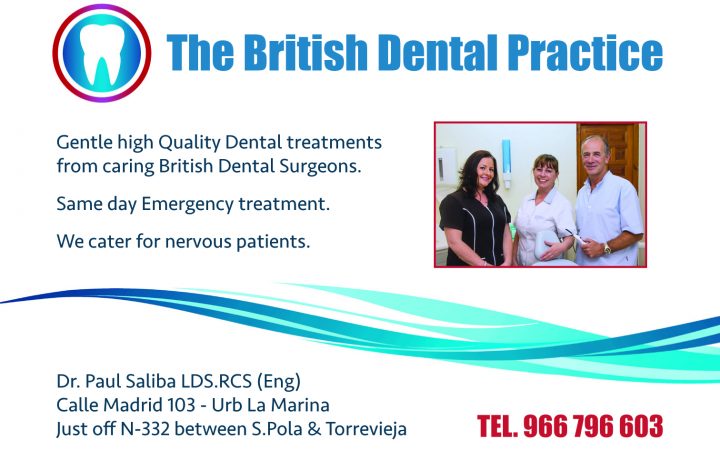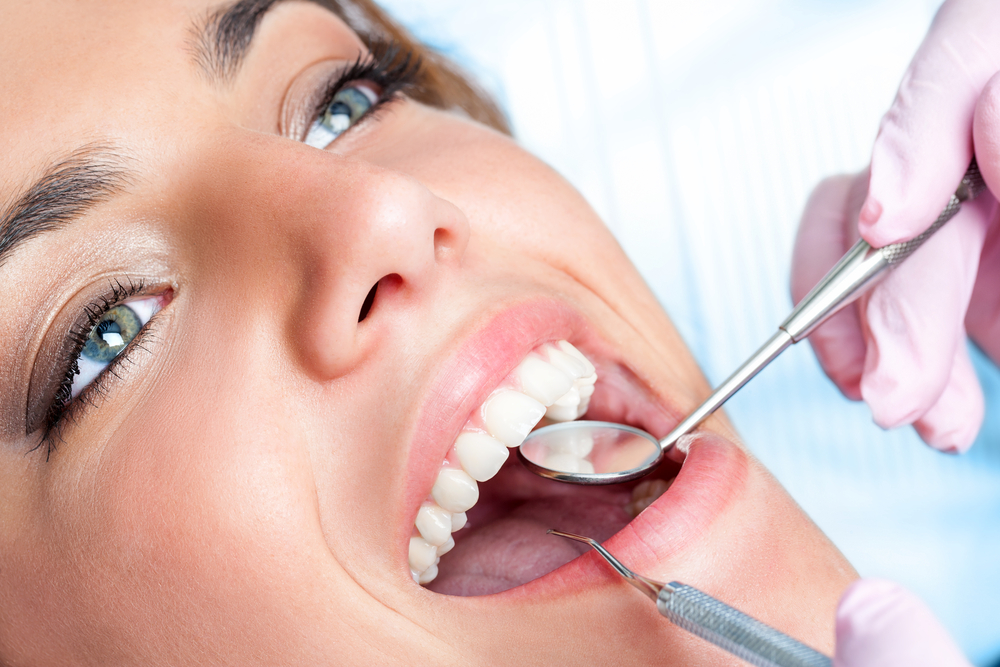Besides dental decay, periodontitis is the other major disease that can affect the mouth and which your dentist can treat and help prevent. Plaque is a thin film of bacteria that grows on hard surfaces within the mouth, mostly at the junctions between tooth and gums. If left, the soft film will quickly calcify into hard calculus, making it very difficult to remove. The bacterial layer causes inflammation of the gingivae producing symptoms such as bleeding gums, bad breath, and taste and ultimately loosening of the teeth.
Plaque is actually an infection, the bacteria move down the tooth root attacking both the attachment of the tooth to the dental bone and also the bone itself. The effect of this is for the gums to recede making the teeth appear longer. In reality, the teeth are not growing but more of the root is now exposed meaning less is left attached to keep the teeth firm. Small pockets open between the root and gum allowing more plaque to invade, causing more gum recession and further loosening the roots.
In recent years gum disease has been linked with general health conditions such as diabetes, strokes, cardiovascular disease, poor pregnancy outcomes and even dementia.
Prevention of periodontitis is by a thorough oral hygiene regime, tooth brushing at least twice per day, use of dental floss and professional scaling by a dental professional every 6 months. Treatment involves thorough cleaning of all susceptible areas, removing any contributing factors (food traps, faulty restorations etc.) and occasionally antibiotics. If you believe you may have gingival problems (and it is estimated that over 50% of adults have suffered from this condition) do not delay in seeking treatment. While it is possible to halt the disease, the tooth supporting bone will not re-grow and is lost forever.
Regular scale and polishes at your dental clinic will help prevent gum disease and assist in maintaining a healthy mouth and body.
To make your appointment Tel: 966 796 603




